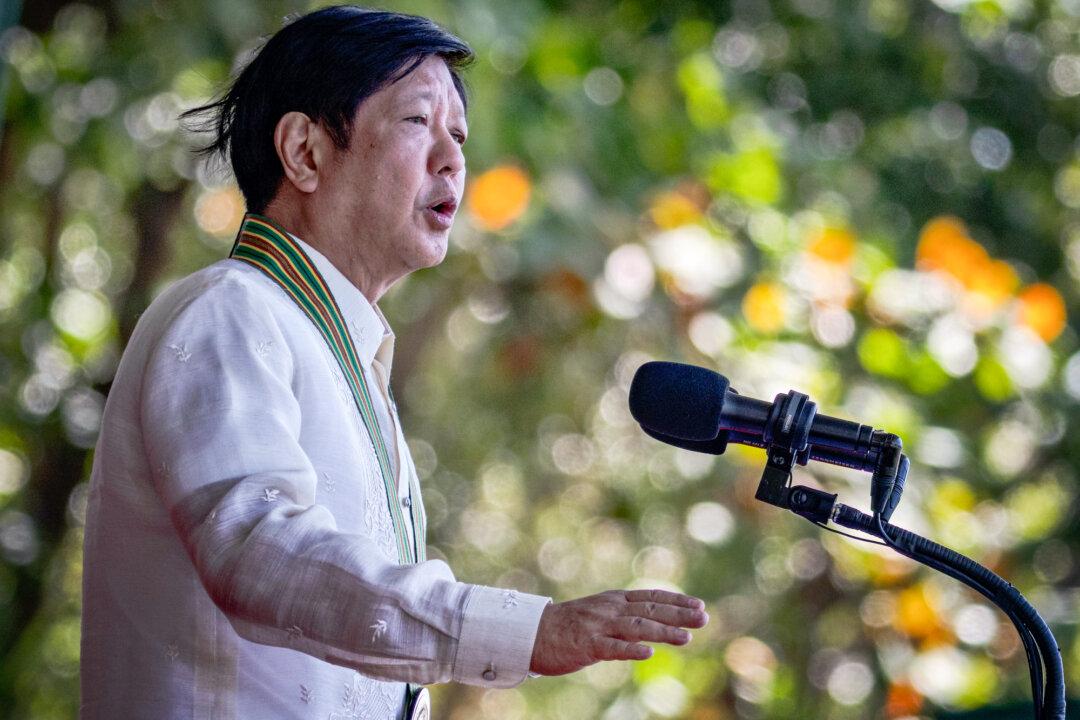Philippines President Ferdinand Marcos Jr. said on March 28 that he’s decided to cut ties with the International Criminal Court (ICC) after the court denied the government’s appeal to cease a probe into his predecessor’s brutal war on drugs.
“At this point, we essentially are disengaging from any contact, from any communication,” Marcos told reporters, according to a state-run news agency.





